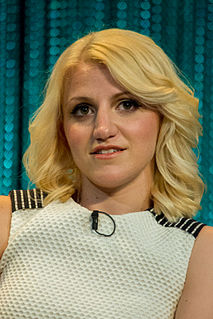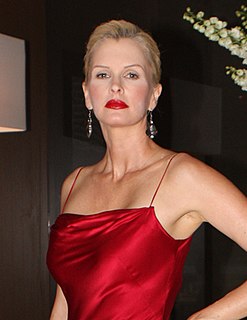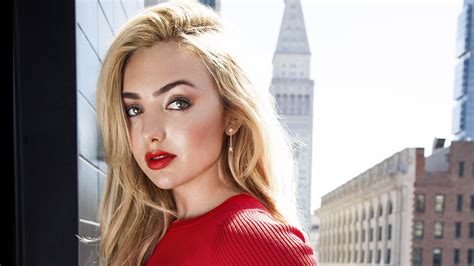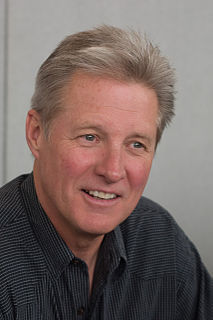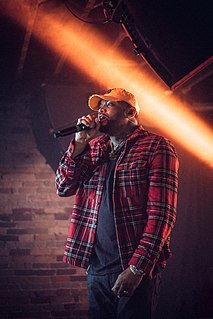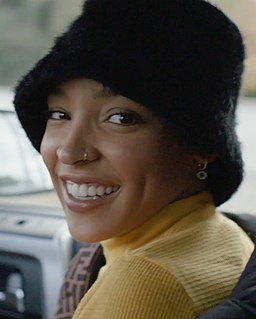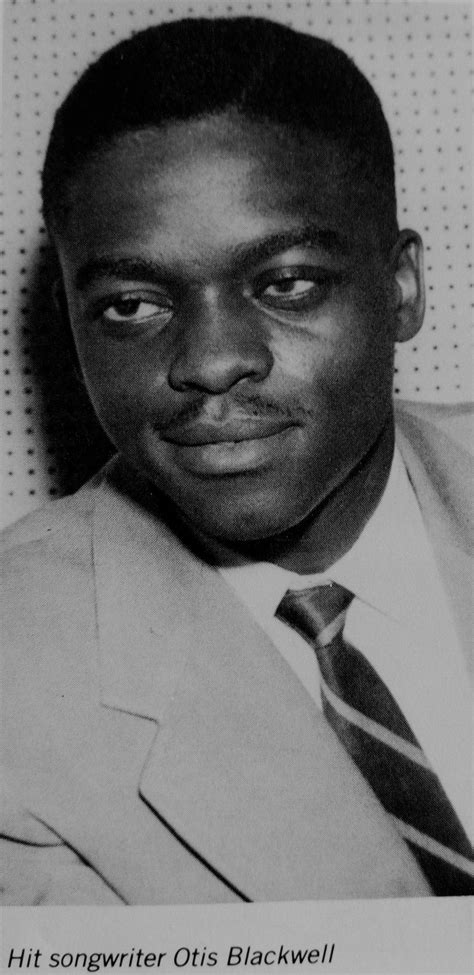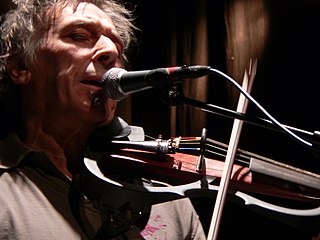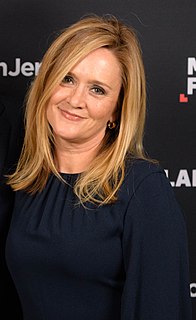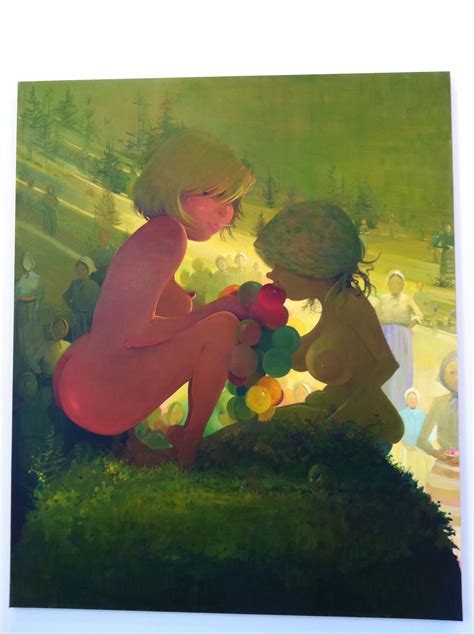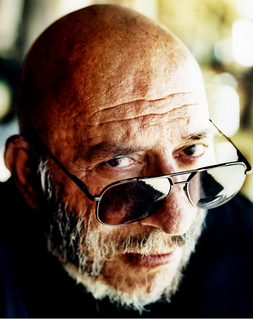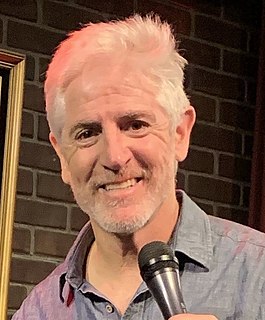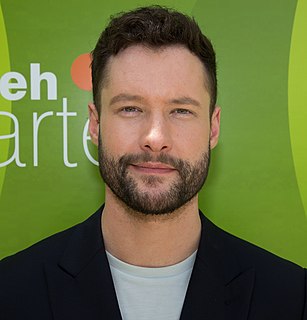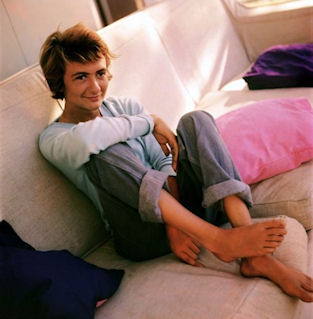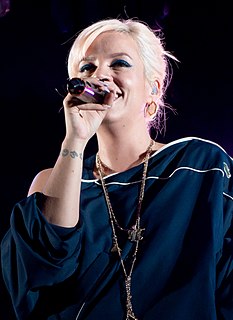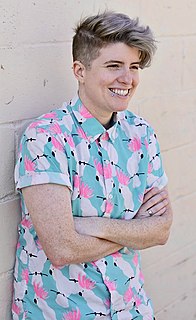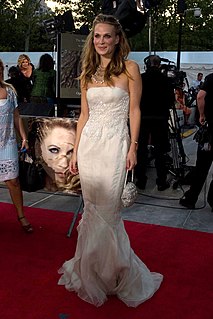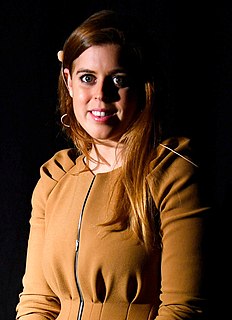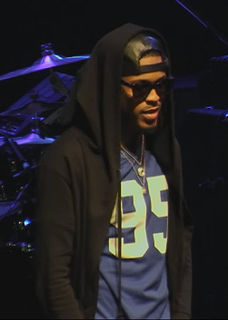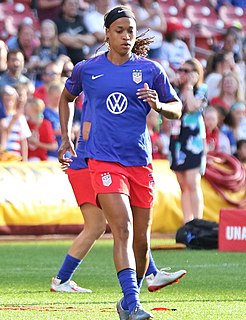Top 1200 Started Reading Quotes & Sayings - Page 17
Explore popular Started Reading quotes.
Last updated on November 13, 2024.
If I had millions and millions and millions of dollars, I'd leave a large portion to the 42nd Street library. That's why - that was my hangout, the reading rooms, the North and South reading rooms. I'd go there, and my God, I couldn't believe I had access to all of these books. That was my university.
I started off believing all men were equal. I now know that's the most unlikely thing ever to have been, because millions of years have passed over evolution, people have scattered across the face of this earth, been isolated from each other, developed independently, had different intermixtures between races, peoples, climates, soils... I didn't start off with that knowledge. But by observation, reading, watching, arguing, asking, that is the conclusion I've come to.
So we start with an oversignifying reader. Those texts that appear to reward this reader for this additional investment - text that we find exceptionally suggestive, apposite, or musical - are usually adjudged to be 'poetic'. ... The work of the poet is to contribute a text that will firstly invite such a reading; and secondly reward such a reading.
I was always much impressed, in reading prison memoirs of revolutionists, such as Lenin and Trotsky ... by the amount of reading they did, the languages they studied, the range of their plans for a better social order. (Or rather, for a new social order.) In the Acts of the Apostles there are constant references to the Way and the New Man.
I remember reading in a comedy book very long ago when I first started, a person said there's a difference between a sense of humor and a sense of funny. A sense of humor is knowing what makes you laugh and a sense of funny is knowing what makes other people laugh. The journey of comedy, in a sense, is negotiating those two worlds.
Reading has always been my home, my sustenance, my great invincible companion. "Book love," Trollope called it. "It will make your hours pleasant to you as long as you live." Yet of all the many things in which we recognize some universal comfort...reading seems to be the one in which the comfort is most undersung.
Because most of the girls were still in mourning and all of them had lost their textbooks, even pencils and pens, Shaukat Ali began the first classes by reading to them from poetry and religious texts. "Reading, literature, and spirituality are good for the soul," he told them. "So we will start with these studies.
I'll wait to see what the film [The Lobster] is, but it's set in a contemporary world, in America, there are hospitals and diners, parks, things that we will recognize and experienced ourselves but yet there's this similar kind of uneasiness through all the interactions and all the things that take place. It was unnerving reading the script. I kind of felt nauseous after reading it.
Sometimes I'll say, "I wrote that book," and the person will look at you as if you're really strange. One time that happened to my daughter on a plane. She was sitting next to a girl who was reading one of my books and my daughter said, "My mother wrote that book." And the girl started to quiz my daughter, asking her all sorts of questions, like what are the names of Judy's children and where did she grow up. My daughter thought it was so funny.
I remember reading Dave Barry for the first time and being like oh my God I can't believe you can do this. Watching Mel Brooks and Monty Python and SNL and all that stuff really informed me as a writer and then at high school I started a satire magazine and the college like The Lampoon really introduced me to like you know a lot of very like-minded people who really wanted to like comedy was the center of their lives.
Twenty-nine years ago, I came to faith in Christ after a gentleman from the Gideon's International gave me a free copy of the New Testament Bible. I started in Matthew and read all the way to Ephesians 2 when it finally clicked for me. After reading about salvation by grace through faith, I cried out to Jesus for his forgiveness and surrendered my whole life to Him. At that moment, I became a new person.
When I was younger, I was diagnosed with dyslexia, which meant, for me, sitting in front of a book was really hard - until I discovered Harry Potter, and this character, this 11-year-old boy, who suddenly gets off to school for the first time, captured my imagination, and suddenly reading was fun. Reading was inspiring, and I was motivated.
When I started singing, I was going to school. I remember some of the people in school singing, and they had a choir. I would just watch and listen. Finally I started at least attempting to try to do what they was doing. When I was younger, we started going to church. I can't say that we were always, you know, the most church-going people.
I think training your instinct comes from writing and reading. There's no big secret. And reading slush helps, as well; I'd recommend everyone edit a literary magazine at some point. It's time-consuming, but there's a lot to learn from other writers who are also learning. The patterns (twelve stories about whales in this batch?) are also interesting.
I've never been able to tell jokes. In the beginning of my career I did impressions and jokes like any other comedian, but I was never very successful because I did it poorly. So I started to talk to the audience and started talking about the atmosphere around me and started to become angry, not in a mean-spirited way, but in a fun way - and my attitude developed from there.
As a writer, I was deliberately creating an alternate world, and then populating it with experiences and people that I knew in this world, but I'd shake up the mix considerably. And about the same time that the memoir was becoming the dominant popular literary form in the mid to late 90s, I started reading writers who were deliberately playing with the notion of "truth" and "fiction" - that struck me as a much more interesting way to tell certain stories, particularly in the realm of comedy.
Some people have argued that listening to a work of literature does not really promote literacy in the same way that reading does. Having tried this for several months, however, I can report from the trenches that, for me, immersive listening is as intellectually challenging, stimulating, and rewarding as immersive reading.
Reading a book, for me at least, is like traveling in someone else's world. If it's a good book, then you feel comfortable and yet anxious to see what's going to happen to you there, what'll be around the next corner. But if it's a lousy book, then it's like going through Secaucus, New Jersey -- it smells and you wish you weren't there, but since you've started the trip, you roll up the windows and breathe through your mouth until you're done.

